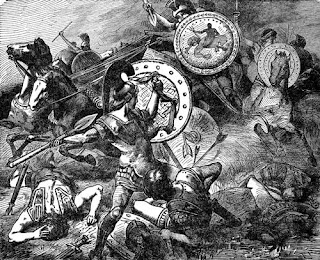Due to Mrs. Lawson's History class I believe I am a more sophisticated, knowledgeable individual. Apon arriving to Lawson's
 class, on the first day I honestly wasn't excited. In the past I have had less than enjoyable history classes. This past trauma biased my opinion upon entry. However, after the first month I discovered history wasn't that bad and wasn't just memorizing events, such as in the past. History class became ideaology and sociology class that examined civilization and personal thought process. By having group discussions and conversational lectures I now understand why poverty exists. Due to this I can also view situations with eyes that look to the root of a problem aside blaming the individual, such as a homeless man. To my embaressment today, I use to think the poor were in the most common situation poor because they had failed to succeed of there own accord.
class, on the first day I honestly wasn't excited. In the past I have had less than enjoyable history classes. This past trauma biased my opinion upon entry. However, after the first month I discovered history wasn't that bad and wasn't just memorizing events, such as in the past. History class became ideaology and sociology class that examined civilization and personal thought process. By having group discussions and conversational lectures I now understand why poverty exists. Due to this I can also view situations with eyes that look to the root of a problem aside blaming the individual, such as a homeless man. To my embaressment today, I use to think the poor were in the most common situation poor because they had failed to succeed of there own accord. 











